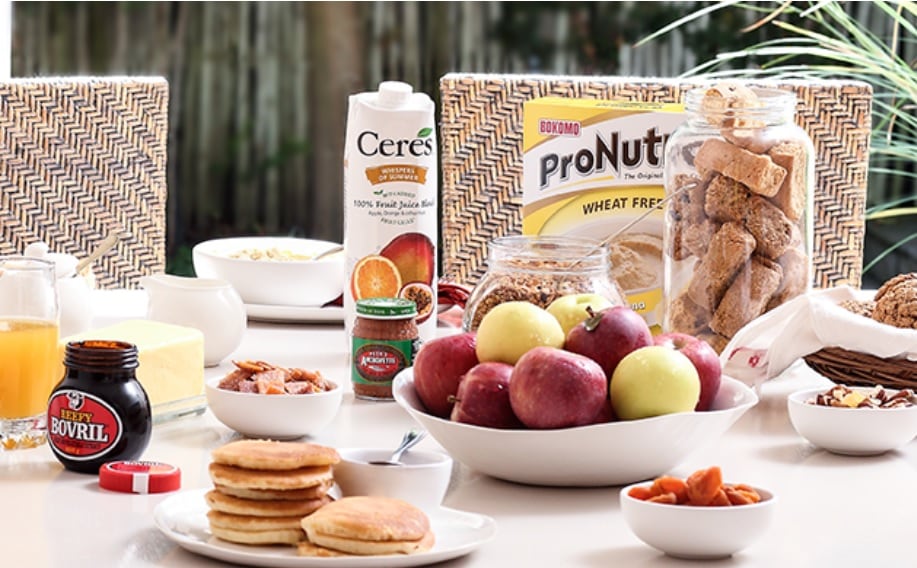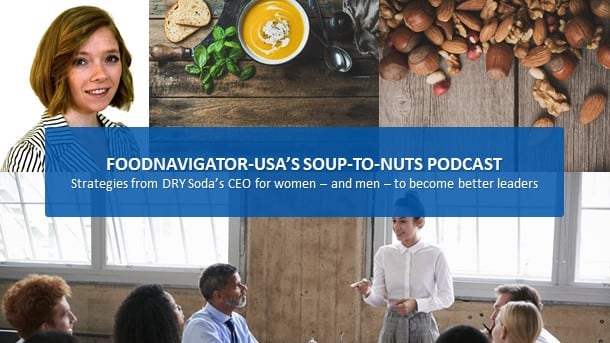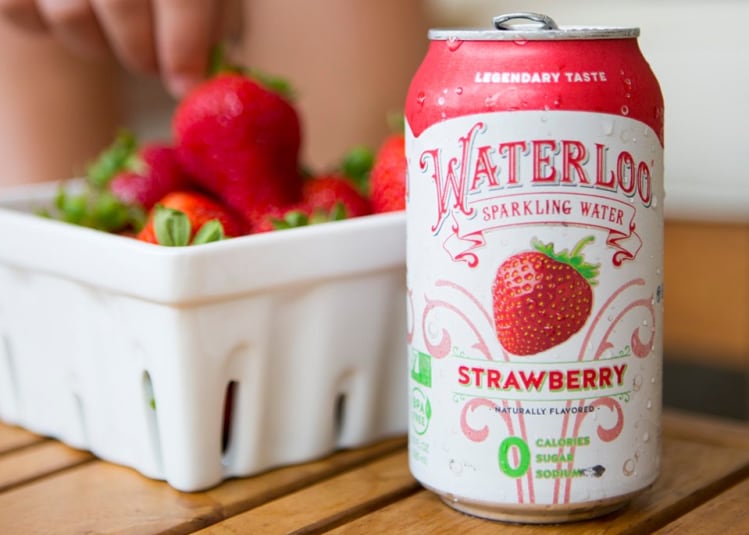The deal, which is expected to close during the first quarter of 2020, gives PepsiCo a toehold in a country where sales of carbonated soft drinks continue to rise despite a hefty sugar tax and growing consumer interest in health and wellness.
According to Insight Survey’s latest SA Carbonated Soft Drinks Industry Landscape Report 2019, the South African carbonated soft drinks market experienced value growth of 4.2% and volume growth of 4.7% between 2017 and 2018, and is expected to continue to grow in the next five years.
The PepsiCo-Pioneer Food Group deal recalls a strategic move by Coca-Cola in 2014 in which Coke said it would invest $17 billion in Africa from 2010 through 2020. That included the 2016 purchase of a 40% stake in Nigeria’s largest juice marker, TGI Group’s Chia Ltd, with plans to buy the rest over three years.
While the investment in Africa likely was only one contributing factor, sales of Coca-Cola’s flagship drink grew 8% between 2012 and 2018. Sales of Pepsi, on the other hand, fell more than 9% in the period, according to data from Euromonitor.
The acquisition of Pioneer Food Group also will better position PepsiCo to serve the rest of sub-Saharan Africa by giving it access to manufacturing and go-to-market capabilities that PepsiCo said in a statement will enable scale and distribution.
In addition to expanding PepsiCo’s reach, the acquisition gives the company “a portfolio of well-established local brands – including well-known, scaled brands like Weet-Bix, Liqui-Fruit, Ceres, Sasko, Safari, Spekko and White Star – providing [PepsiCo] with a significant runway of locally-relevant products,” according to analysis from Wells Fargo.
It adds that while the deal is “not transformative (and not likely a synergy play for PEP), we see the acquisition of Pioneer Foods as an exciting long-term investment opportunity (similar to SodaStream), and we expect the market to react favorably to today’s announcement.”
Within hours of the announcement, Pioneer’s shares climbed 30% to 101.03 rand and minority stake holder Zeder’s shares jumped 23% to a seven-month high. PepsiCo’s price fell about 2% July 19, but was notably better than earlier in the month.
A harbinger of more to come?
The deal comes at a time when many South African food companies are struggling, and could signal the start of an open season for other multinationals and foreign businesses to swoop in and buy local brands for low prices, suggest some industry experts.
In recent years, consumer spending in South Africa has slowed as unemployment and living costs continue to rise. This contributed to a decline in profit and weak operating margins at Pioneer in the first half of the year, according to the Pretoria-based company’s May earnings report. It added at the time that it expects the trading environment will remain challenging.
Despite this backdrop, PepsiCo paid a 56% premium over the 30-day volume weighted average of Pioneer Foods price prior to the cautionary announcement on July 15, according to two players.
To better take advantage of the new arrangement, PepsiCo will form a new operating sector for Sub-Saharan Africa that will be led by Eugene Willemsen, who most recently served as the executive vice president of global categories and franchise management, according to the announcement.




